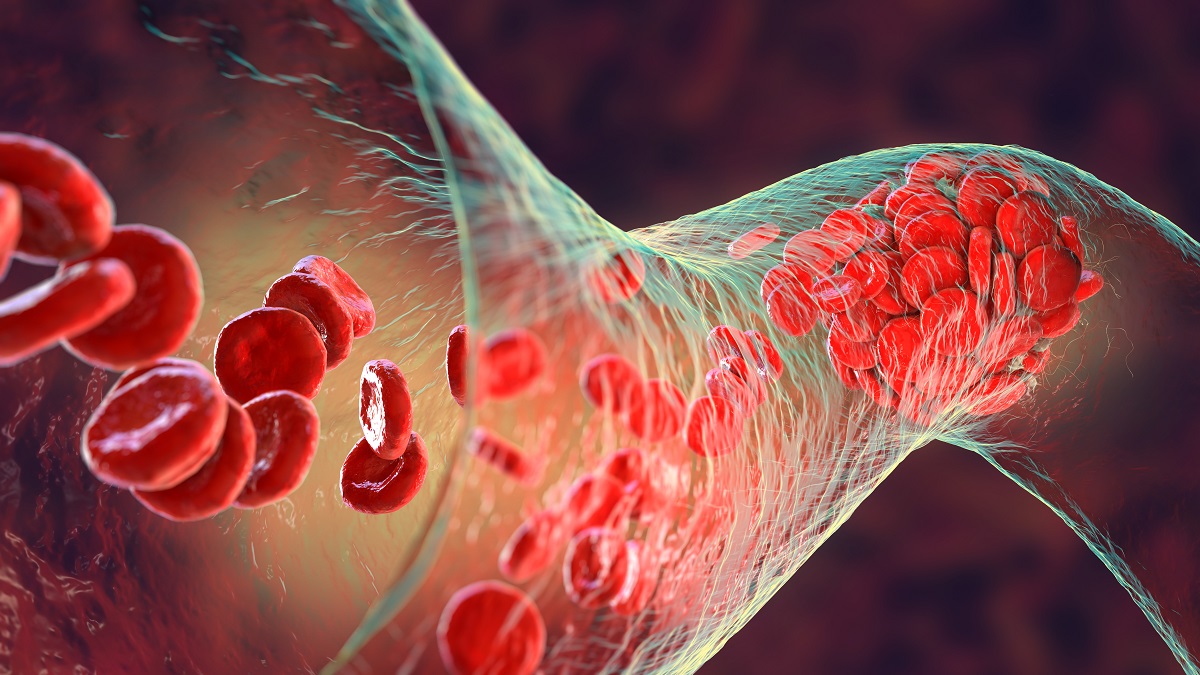KEY TAKEAWAYS
- The study aimed to compare the neoadjuvant-adjuvant vs. neoadjuvant-only PD-1/L1 therapy efficacy and safety in resectable NSCLC patients.
- The results indicated no survival benefit and potential increased AEs with adjuvant PD-1/L1 inhibitors in resectable NSCLC. Further trials are needed.
Combining PD-1 and PD-L1 inhibitors with platinum-based chemotherapy as neoadjuvant therapy has shown substantial enhancement in pathologic response and survival rates in resectable nonsmall cell lung cancer (NSCLC). Yet, the effectiveness of neoadjuvant-adjuvant PD-1 blockade compared to neoadjuvant-only therapy remains debatable.
Yixin Zhou and the team conducted a study that aimed to compare the efficacy and safety of neoadjuvant-adjuvant PD-1/L1 therapy versus neoadjuvant-only PD-1/L1 therapy in resectable NSCLC.
The study commenced with a systematic search that included databases like PubMed, Embase, and the Cochrane Library, as well as major oncology conferences, until July 31, 2023.
For study selection, randomized clinical trials comparing neoadjuvant-adjuvant or neoadjuvant-only PD-1 and PD-L1 inhibitor therapy versus chemotherapy alone in resectable NSCLC patients were chosen.
Following the Preferred Reporting Items for Systematic Reviews and Meta-analyses (PRISMA) reporting guideline, two authors independently performed data extraction. HRs and 95% CIs for event-free survival (EFS) and overall survival (OS) were collected and subsequently pooled using generic inverse-variance methods.
The relative risks (RRs) for treatment-related adverse events (TRAEs) were calculated using the Mantel-Haenszel method. Indirect comparisons between neoadjuvant-adjuvant immunotherapy and neoadjuvant-only immunotherapy were conducted using frequentist methods, with chemotherapy as a common comparator. A random or fixed model was employed based on intertrial heterogeneity identified through the Cochran Q test.
The primary outcome assessed was EFS, with secondary outcomes including OS and TRAEs.
The results demonstrated significant enhancements in EFS with neoadjuvant-adjuvant and neoadjuvant-only immunotherapy compared to chemotherapy alone across 4 trials of neoadjuvant-adjuvant immunotherapy and one trial of neoadjuvant-only immunotherapy involving 2385 patients.
However, in indirect meta-analysis, the addition of adjuvant immunotherapy to neoadjuvant therapy did not yield improved EFS (HR, 0.90; 95% CI, 0.63-1.30; P = .59) or OS (HR, 1.18; 95% CI, 0.73-1.90; P = .51) compared to neoadjuvant-only immunotherapy. Additionally, the incidence of any grade of TRAEs significantly rose with adjuvant immunotherapy addition (RR, 1.08; 95% CI, 1.00-1.17; P = .04).
The study concluded that adding PD-1 or PD-L1 inhibitors in the adjuvant phase to neoadjuvant treatment with PD-1 or PD-L1 inhibitors and chemotherapy may not confer survival benefits for patients with resectable NSCLC. Moreover, it could potentially lead to heightened adverse events (AEs). These findings underscore the necessity for future validation through head-to-head randomized clinical trials.
Research was funded by the National Natural Science Funds of China, Guangdong Basic and Applied Basic Research Foundation, Fundamental Research Funds for the Central Universities, Sun Yat-sen University, and Guangzhou Basic and Applied Basic Research Project.
Source: https://pubmed.ncbi.nlm.nih.gov/38451524/
Yixin Zhou, Anlin Li, Hui Yu, et al. (2024). “Neoadjuvant-Adjuvant vs Neoadjuvant-Only PD-1 and PD-L1 Inhibitors for Patients With Resectable NSCLC: An Indirect Meta-Analysis.” JAMA Netw Open. 2024 Mar 4;7(3):e241285. doi: 10.1001/jamanetworkopen.2024.1285. PMID: 38451524; PMCID: PMC10921251.



